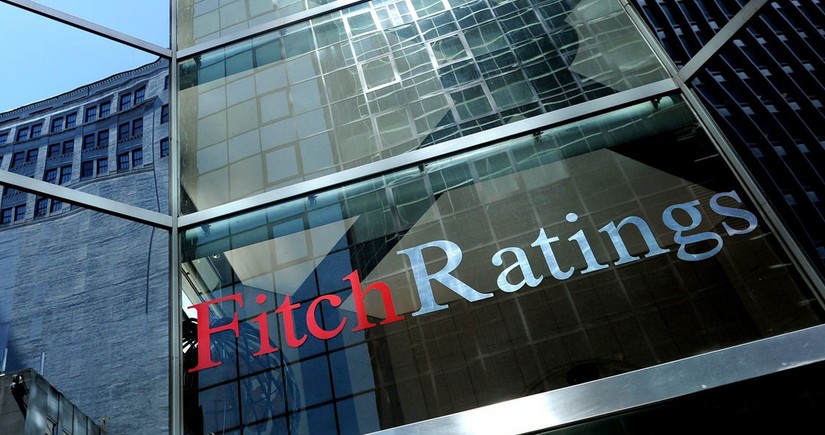Fitch: Azerbaijan's fiscal buffers remain strong despite expected 2025 budget deficit
- 14 June, 2025
- 09:00

International rating agency Fitch Ratings forecasts that Azerbaijan's consolidated budget will shift into deficit starting in 2025.
According to Report, this projection appears in the agency's latest assessment.
Fitch attributes this shift to several factors - oil prices lower than budgeted, continuing,though decreasing, capital expenditures for Karabakh reconstruction, and pressure from defense and social welfare spending.
The agency notes that the fiscal position could improve if non-oil revenues exceed projections or if some planned capital expenditures are not fully implemented.
It adds that the authorities affirm their commitment to the fiscal rule that aims to reduce the non-oil primary deficit to 13% of non-oil GDP by 2029 (compared to 20.4% in 2024)," the agency states.
At the same time, Fitch points out that non-oil revenues constitute approximately 50% of total budget revenues: "The government aims to increase this figure to 65% by 2029. Achieving this goal depends on sustainable growth in the non-hydrocarbon economy, which remains uncertain."
The agency's analysts believe that additional risks to fiscal sustainability come from oil price volatility and potential deviations from budgetary parameters in defense and reconstruction expenditures.
Despite the aforementioned risks, Azerbaijan's fiscal sustainability remains strong in Fitch's assessment. Gross government debt at the end of Q1 2025 stood at 20.4% of GDP, and in 2025-2026 this indicator will average 21.5% of GDP, which is among the lowest levels among Fitch investment-grade countries.
The agency considers the substantial government deposits (2024: 10.4% of GDP) and assets of the State Oil Fund - 81% of GDP to be the country's key fiscal buffers.
The assessment also highlights a significant reduction in currency-related risks. The share of foreign currency-denominated debt decreased to 32% by the end of 2024 (compared to a peak of 95% in 2017), while external debt declined by 41.5% in absolute terms.
